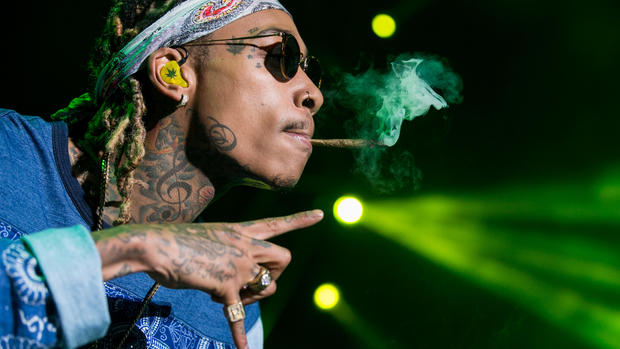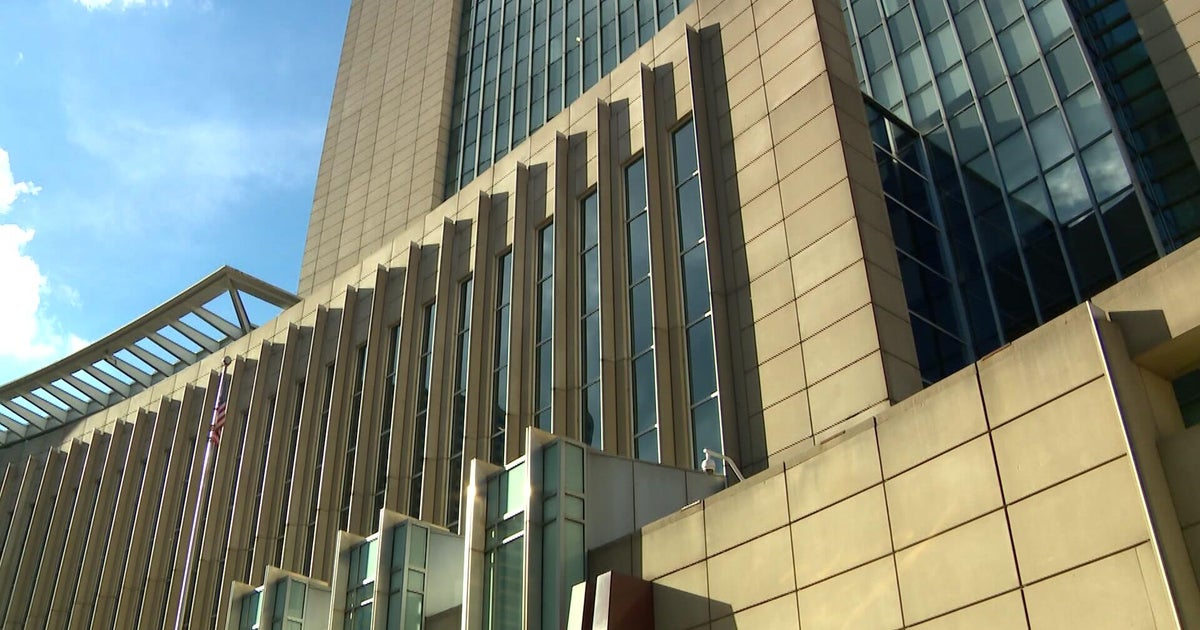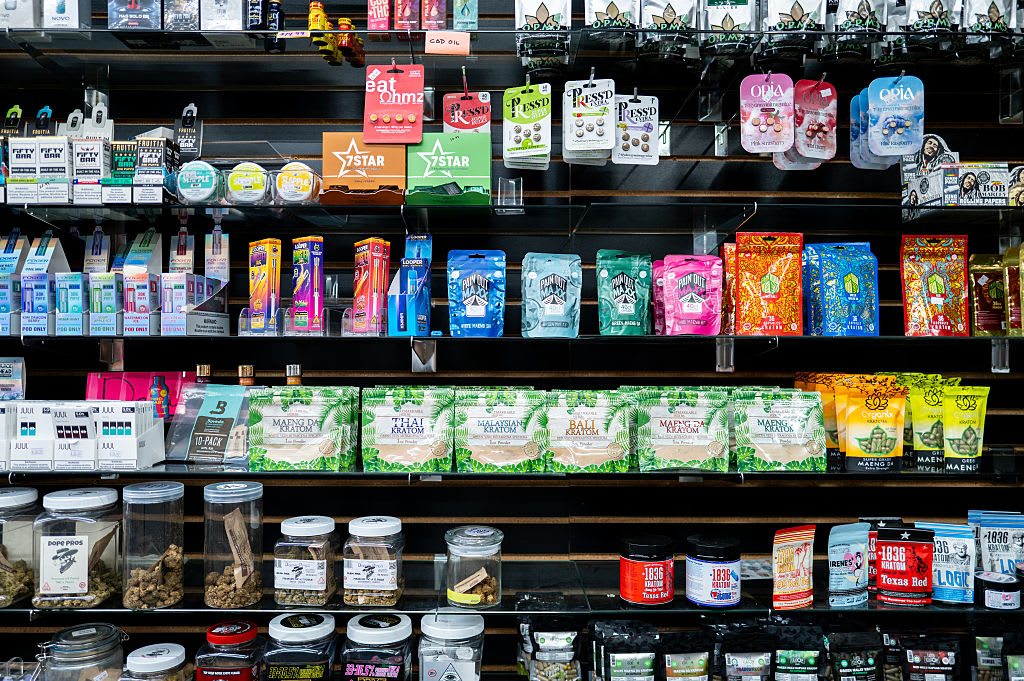Jeff Sessions says prosecutors won't pursue "small marijuana cases"
WASHINGTON -- Federal prosecutors won't take on small-time marijuana cases, despite the Justice Department's decision to lift an Obama-era policy that discouraged U.S. authorities from cracking down on the pot trade in states where the drug is legal, Attorney General Jeff Sessions said Saturday. Federal law enforcement lacks the resources to take on "routine cases" and will continue to focus on drug gangs and larger conspiracies, Sessions said, speaking at a Federalist Society event in Washington, D.C.
The comments come after the Trump administration in January threw the burgeoning marijuana legalization movement into uncertainty by reversing the largely hands-off approach that prevailed during the Obama administration, saying federal prosecutors should instead handle marijuana cases however they see fit.
The Obama-era policy allowed the pot trade to flourish, with eight states legalizing marijuana for recreational use.
The reversal added to confusion about whether it's OK to grow, buy or use marijuana in states where pot is legal, since long-standing federal law prohibits it. And it caused concern that prosecutors would feel empowered to jail individuals for marijuana possession.
"I am not going to tell Colorado or California or someone else that possession of marijuana is legal under United States law," Sessions said, answering student questions after the speech at Georgetown's law school. But, he added, federal prosecutors "haven't been working small marijuana cases before, they are not going to be working them now."
Of particular interest are problems that federal authorities have tried for years to tackle, like illegal marijuana-growing operations on national parklands and gangs that peddle pot along with more harmful drugs. Some law enforcement officials in pot-legal states argue the legal trade has caused unintended problems like black-market marijuana growing and dealing by people who don't even try to conform to the legal framework.
"Those are the kinds of things each one of those U.S. attorneys will decide how to handle," Sessions said.
The Trump administration has taken a very tough-on-drugs approach, so Sessions' claims Saturday were surprising.
Sessions on Saturday also stood by his decision to recuse himself from the Russia investigation Saturday morning, despite criticism from President Trump over doing so. Mr. Trump has said he never would have selected Sessions if he'd known he would recuse himself from the campaign, and has expressed continued frustration over Sessions' approach to the Justice Department.
Sessions said he think he did what he "had to do," given that he took part in the campaign.
"No," the attorney general said, asked if he regretted the decision. "I think that's what I had to do. I did not realize -- I knew you have to deal with those questions, and I told the confirmation committee I would consult with top officials in the department about any recusal issue. But there is a specific regulation that says if you participate in a campaign -- it explicitly says that -- then you cannot investigate the campaign of which you were a part."




